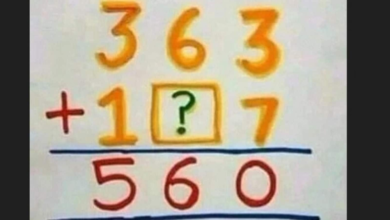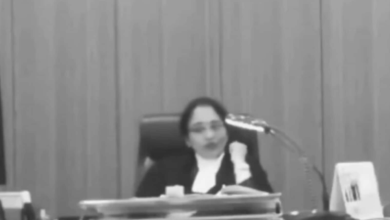Researchers use AI to read ancient scroll burned Vesuvius eruption | Trending

Researchers recently used cutting-edge technology to read a word from an irreparably damaged manuscript. They used an AI program to read from an ancient scroll that was burned and carbonised the catastrophic eruption of Mount Vesuvius. Researchers read the ancient scroll using AI as a part of The Vesuvius Challenge. (X/@NEHgov) Brent Seales, a professor at the University of Kentucky, hosted a conference and live-streamed the event that took place in the UK, reports a blog Kentucky University. Seales and his team started working on scroll when he took up the Vesuvius Challenge – “a machine learning and computer vision competition to read the Herculaneum Papyri.” What are the Herculaneum Papyri?In 79 AD, during the eruption of Mount Vesuvius, a villa in Herculaneum, which was believed to have belonged to Julius Caesar’s father-in-law, was buried in hot mud and ash. After it was discovered, experts were surprised to find a vast library of burned papyrus scrolls inside it. The scrolls are impossible to read unfolding as attempting to do so will crumble them into pieces. The scrolls are carbonized the heat of the volcanic debris. But they are also preserved. What is interesting is that this unique storage condition makes the scrolls safe from air decays. Researchers believe that the scrolls contain the secrets of “Roman and Greek philosophy, science, literature, mathematics, poetry, and politics.” What is the word researchers read?The researchers were able to retrieve a few letters from the papyrus scroll, reports The New York Times. Not just that, they also managed to read a complete word, ‘porphyras’. In ancient Greek, it means ‘Purple’. The University of Kentucky also took to YouTube to share a glimpse of the process they used to look inside the scroll. What did Seales say about this feat?“These texts were written human hands at a time when world religions were emergent, the Roman Empire still ruled and many parts of the world were unexplored,” Seales told University of Kentucky. “Much of the writing from this period is lost. But today, the Herculaneum scrolls are unlost,” he added. “For me, reading words from within the Herculaneum scrolls is like stepping onto the moon,” Seales told The Guardian. “Honestly, I knew that the text was there, waiting for us to arrive, but arrival only happens at the last step. And with such a talented team working together, reading the words is that step into new territory, and we’ve taken it. Now it is time to explore,” he further told the outlet. “Exciting news! Hindustan Times is now on WhatsApp Channels Subscribe today clicking the link and stay updated with the latest news!” Click here!







